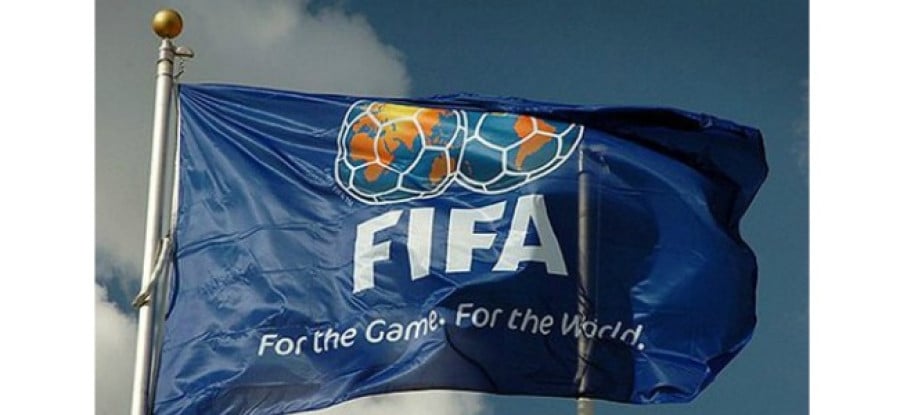Can Switzerland’s new “Lex FIFA” combat corruption within international sports federations?

This article is of interest to administrators at international sports federations, national governing bodies and the lawyers that represent them. This article will also be of interest to sports enthusiasts that are interested in sports governance and in particular how the legal developments in Switzerland impact the development of sport globally.
In 2012, this author raised the fact1 that Switzerland was planning to address gaps in Swiss law that made it difficult for enforcement authorities to prosecute private persons who bribe or accept bribes in relation to their activities.
On 10 September 2015, the predicted amendments to the law finally occurred, with Swiss parliament passing the new Articles 322 octies, novies and decies of the Swiss Penal Code (known colloqially as “Lex FIFA”), which are expected to enter into force in mid-2016.2
The new laws are particularly relevant to the field of sports because they will, among other things, affect the international sports federations based in Switzerland. This article explores the background to the new laws, explains what they say and do, and comments on whether they are likely to succeed.
To continue reading or watching login or register here
Already a member? Sign in
Get access to all of the expert analysis and commentary at LawInSport including articles, webinars, conference videos and podcast transcripts. Find out more here.
- Tags: Anti-Corruption | Criminal Law | FIFA | FIFA Executive Committee | Football | Governance | Lex FIFA | Regulation | Swiss Penal Code | Switzerland
Related Articles
- Corruption of sports federations and betting-related match-fixing are not crimes in Switzerland
- Corruption in sport - why a global problem requires a global solution
- Corruption in Endurance horseracing - phantom races, horse welfare and the way forward
- After FIFA/IAAF corruption – it is time for institutional change
Written by
Roy Levy
Roy is an attorney-at-law, at Probst Partner AG, Zurich, Switzerland. He specialises in litigation and arbitration relating to sports law e.g. disciplinary and ethical matters (challenging sanctions), transfer disputes, training compensation, eligibility issues, TV rights, doping, match fixing, players/agents contracts. He regularly represents clubs, federations, players and coaches before the judicial bodies of FIFA, UEFA and the Court of Arbitration for Sport (CAS). He also has expertise in employment, intellectual property and media law.




